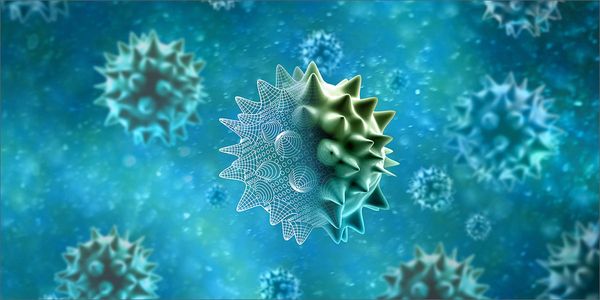SEP 25, 2019 | 8:00 AM
DATE: September 25, 2019TIME: 8:00am PT, 11:00am ET This talk will focus on strategies for optimizing expression levels of membrane proteins using the Gibco™ Expi293™ and ExpiCHO™ Expres...
SEP 24, 2019 | 8:00 AM
DATE: September 24, 2019TIME: 7:00am PDTHigh throughput screening (HTS) is an effective method for identifying putative active compounds for therapeutics. Assays that evaluate changes i...
Background: The vast majority of all genes are contained within the genomes of the prokaryotes, including the eubacteria and the archaea. These largely single-cellular domains of life thus...
immunocompromised populations where the virus can cause systemic and even fatal infections. Indeed, we have shown that astrovirus infections are more prevalent than norovirus in our pediatric...
























